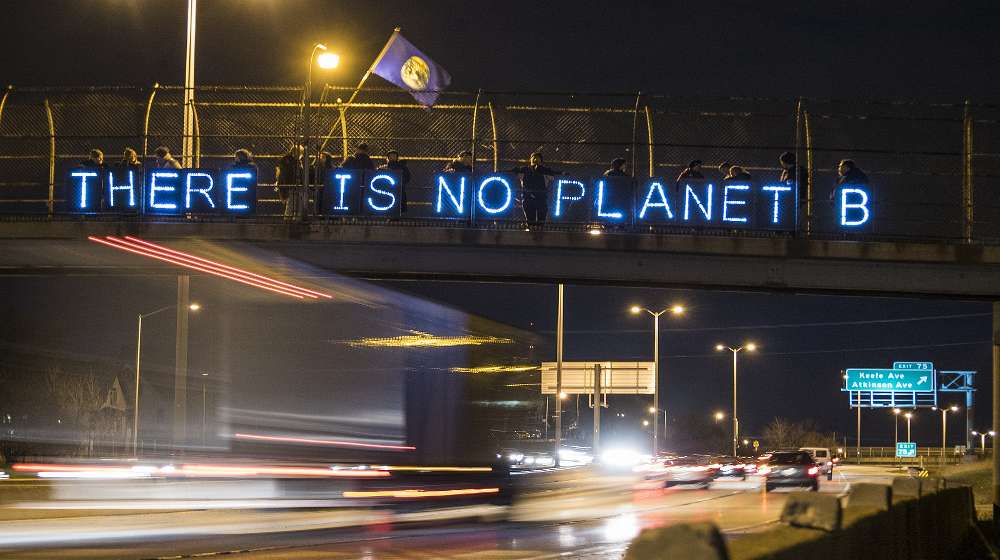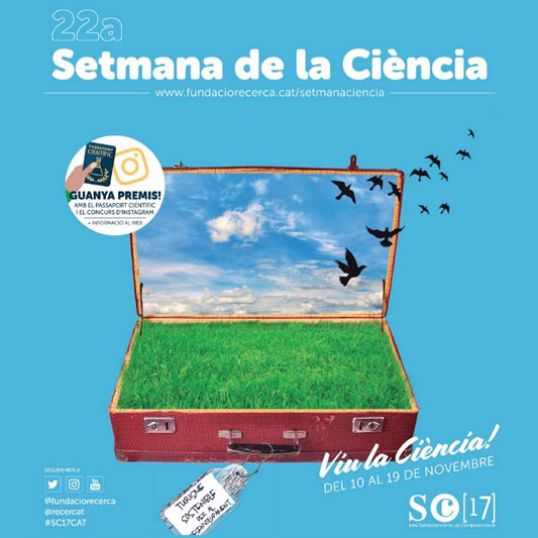Jordi Arbiol (ICN2)
Veient els àtoms de prop: un viatge al nanomón. Institut Cavall Vernat. Terrassa. Barcelona
Joan Bagaria (UB)
L’infinit i les seves paradoxes. Sala d’actes INS Federica Montseny. Badia del Vallès, Barcelona
Carme Belarte (ICAC)
La arqueologia i la col·laboració amb altres ciències. Institut Sant Pere i Sant Pau. Tarragona
Francesc Burjachs (IPHES)
Per què a vegades fa calor i d’altres fred? Canvis climàtics i evolució humana. Institut Fonts del Glorieta. Alcover. Tarragona
Miguel Chillón (UAB & VHIR)
Què és i què es pot fer amb la teràpia gènica? Teatre Municipal de Montcada i Reixac. Montcada i Reixac. Barcelona
Alfred Cortés (ISGlobal)
Com funcionen els paràsits de la malària “per dintre”? Museu d’Història. Sant Feliu de Guíxols . Sant Feliu de Guíxols. Girona
Roberto Emparan (UB)
Hasta el infinito y más allá! Agujeros negros, ondas gravitatorias y los límites del Universo. Institut Joaquim Rubió i Ors. Sant Boi de Llobregat. Barcelona.
Alejandro Goñi (CSIC – ICMAB)
La magia de la termoelectricidad: materiales que transforman calor en electricidad. Institut Maremar. El Masnou. Barcelona
Aurelio Juste (IFAE)
Un universo insólito. Escola El Turó. Mataró. Barcelona
Josep Maria Llovet (IDIBAPS)
El metge investigador. INS Joan Brossa. Barcelona.
Tomàs Marquès (UPF)
Cosins de ximpanzes i parents de Neandertals. La genetica aplicada a l’evolució. Centre d’estudis Mollet. Mollet del Vallès. Barcelona
Jaume Martínez García (CRAG)
Todo lo que siempre quiso saber sobre las plantas y nunca se atrevió a preguntar. INS Menéndez y Pelayo. Barcelona. Barcelona
Bienvenido Martínez Navarro (IPHES)
Orce: Un “spa” per a mamuts, hominids i hienes. INS Priorat- Falset. Falset. Tarragona
Pere Martínez Serra (UB)
Què ens diuen les molècules sobre l’origen i l’evolució dels éssers vius? Museu Cerdà -. Puigcerdà. Girona
Pablo Menéndez (IJC)
¿Por qué la biomedicina es más importante económicamente que la medicina? INS Vinyes Velles. Montornès del Vallès. Barcelona
Soraya Pelaz (CRAG)
Flores y Pelos, ¿hablamos de plantas? Institut Argentona. Argentona. Barcelona
Gustavo A. Slafer (UdL)
¿Cómo saben las plantas cuando deben florecer? INS La Mitjana. Lleida
Marcel Swart (UdG)
I’m a Chemist ….. (Soc químic …..). INS Ermessenda. Girona
Juan Valcárcel (CRG)
Lo que queda por descubrir de nuestros genomas. Biblioteca Singuerlín-Salvador Cabré. Santa Coloma de Gramenet. Barcelona






